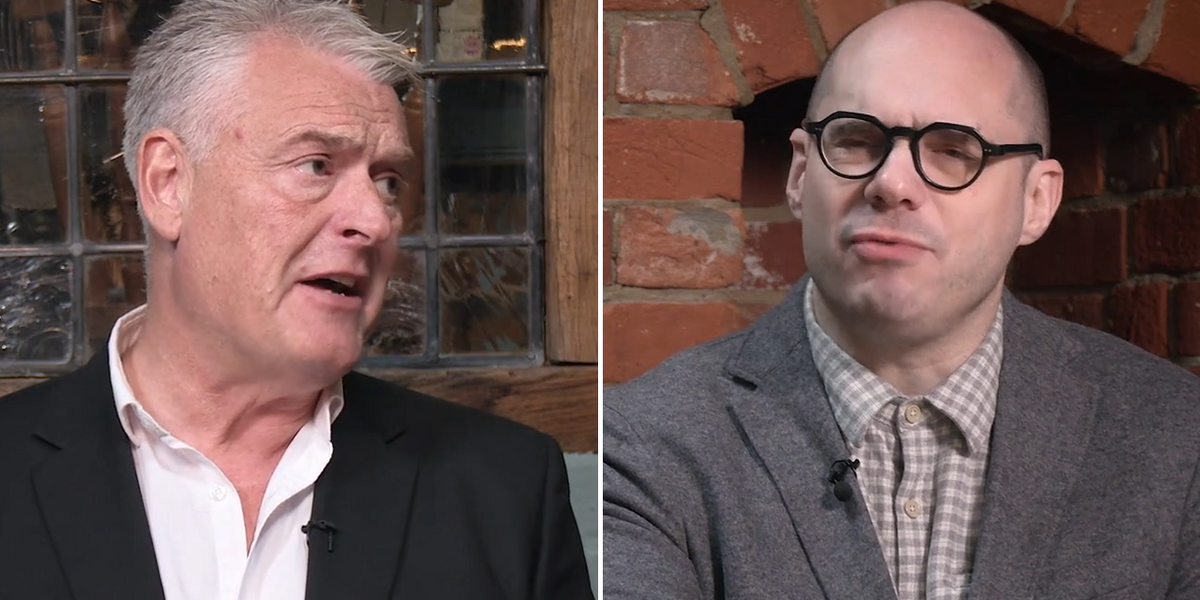Controversy Erupts Over Gender Language Guidance at James Paget University Hospital
A recent directive from James Paget University Hospital in Great Yarmouth has ignited a heated debate over language and gender identity in healthcare settings. The hospital’s guidance advises staff to refrain from referring to babies as "born male or female," instead recommending the phrase "assigned male/female at birth." This shift aims to foster inclusivity for the LGBTQ+ community, but it has drawn sharp criticism from various quarters, raising questions about the intersection of medical practice and social ideology.
The Guidance: Aiming for Inclusivity
The hospital’s initiative, titled "Celebrating Pride," includes a glossary of LGBTQ+ terms and encourages the use of gender-neutral language. Staff are advised to avoid traditional phrases like "ladies and gentlemen" and to use gender-neutral pronouns such as "ze" or "zir" for individuals who prefer them. The underlying rationale is that binary language can alienate those who do not identify strictly as male or female, promoting a more inclusive environment.
Criticism from Medical Professionals and Politicians
Despite the hospital’s intentions, the guidance has faced backlash from medical professionals and politicians alike. Critics argue that the NHS is denying biological realities. Professor Karol Sikora, a prominent oncologist, took to social media to assert that babies are born male or female, not assigned a gender at birth. His comments reflect a broader concern among some healthcare professionals about the implications of such language on medical practice and patient care.
Reform UK MP Rupert Lowe described the guidance as "ludicrous" and "potentially dangerous," echoing sentiments that the NHS should prioritize pressing health issues over what he termed "woke nonsense." This sentiment was further amplified by author Emma Woolf, who condemned the guidance as "akin to child abuse," arguing that the focus should remain on tangible health concerns rather than ideological debates.
The Debate on GB News
The controversy reached a fever pitch during a segment on GB News, where a heated exchange unfolded between Lee Anderson and Matthew Laza. Anderson criticized the hospital’s guidance, while Laza offered a more nuanced perspective, acknowledging the good intentions behind the initiative but labeling it as "ridiculously over the top." Laza emphasized the importance of supporting trans individuals within the NHS, yet his comments were met with resistance from Anderson, who maintained a more traditional viewpoint.
The Broader Implications of Gender Identity Policies
This incident has reignited discussions about gender identity policies within healthcare settings. Advocates for LGBTQ+ rights argue that inclusive language is essential for creating a supportive environment for all patients, particularly those who identify as non-binary or genderqueer. However, opponents contend that such policies risk undermining biological realities and could lead to confusion in medical contexts.
Helen Joyce, director of advocacy at Sex Matters, criticized the hospital for promoting what she termed "trans-activist language." She expressed concern that framing sex as something assigned at birth rather than a biological fact is misleading and could have detrimental effects on medical practice.
Conclusion: A Divisive Issue
As the debate continues, the James Paget University Hospital has yet to respond to the mounting criticisms. The guidance has undeniably sparked a significant conversation about the role of language in healthcare and the balance between inclusivity and biological accuracy. With strong opinions on both sides, this controversy highlights the complexities of navigating gender identity in a rapidly evolving social landscape. As healthcare institutions strive to be more inclusive, the challenge remains to do so without alienating those who prioritize biological definitions of sex. The outcome of this debate may well shape future policies within the NHS and beyond, as society grapples with the implications of gender identity in medical practice.
